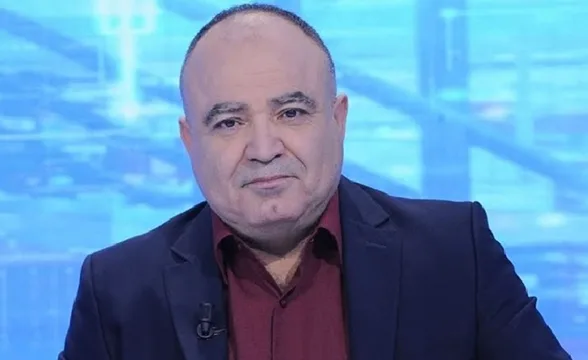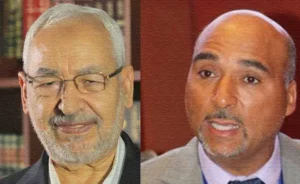July 9, 2025 – The Criminal Chamber of the Tunis Court of First Instance sentenced journalist Mohamed Boughalleb to two years in prison with immediate effect on Thursday. This sentence was referred to him under Decree No. 54, based on a complaint filed by a university professor on charges of “insulting a public official via the public telecommunications network.”
Boughalleb appeared before the court while on bail, and his defense team requested a postponement to summon the complainant. However, the court decided to issue its prison sentence in absentia, according to lawyer Hamadi Zaafrani, a member of his defense team.
Case Background:
Mohamed Boughalleb had previously spent 11 months in prison between March 2024 and February 2025, after being convicted in two separate cases:
The first was for defaming a public official. The initial sentence was amended from one year to eight months in prison.
The second was for posts deemed insulting to a university professor, for which he was also sentenced to prison.
Boughalleb was released on bail in February 2025, but he remained vulnerable to further prosecution for his past positions and opinions. Despite his voluntary abstention from political commentary since his release from prison, judicial authorities continued to pursue him as part of a systematic policy of intimidating journalists and promoting self-censorship.
Documented Violations Against Him:
During his detention, Mohamed Boughalleb was subjected to ill-treatment and a clear deterioration in his health. No investigation was opened into these abuses, reflecting the lack of accountability for the violations committed against detained journalists and other prisoners of conscience.
Mohamed Boughalleb suffers from several chronic illnesses, including diabetes, high blood pressure, and heart problems, which require regular medication. His health also deteriorated during his imprisonment. He lost all sight in his right eye and suffers from severe hearing loss in his left ear. He also suffers from severe prostate pain that impedes his ability to sit, as well as skin swelling.
The Freedom for Tunisia Observatory demands:
- The immediate and unconditional release of Mohamed Boughalleb and the end of the arbitrary prosecutions against him.
- An independent investigation into his previous detention conditions and the violations he suffered.
- A comprehensive review of Decree No. 54 to ensure respect for freedom of expression and prohibit the prosecution of journalists based on their opinions.
- Ending the use of the judiciary as a tool for political and media intimidation in Tunisia.





